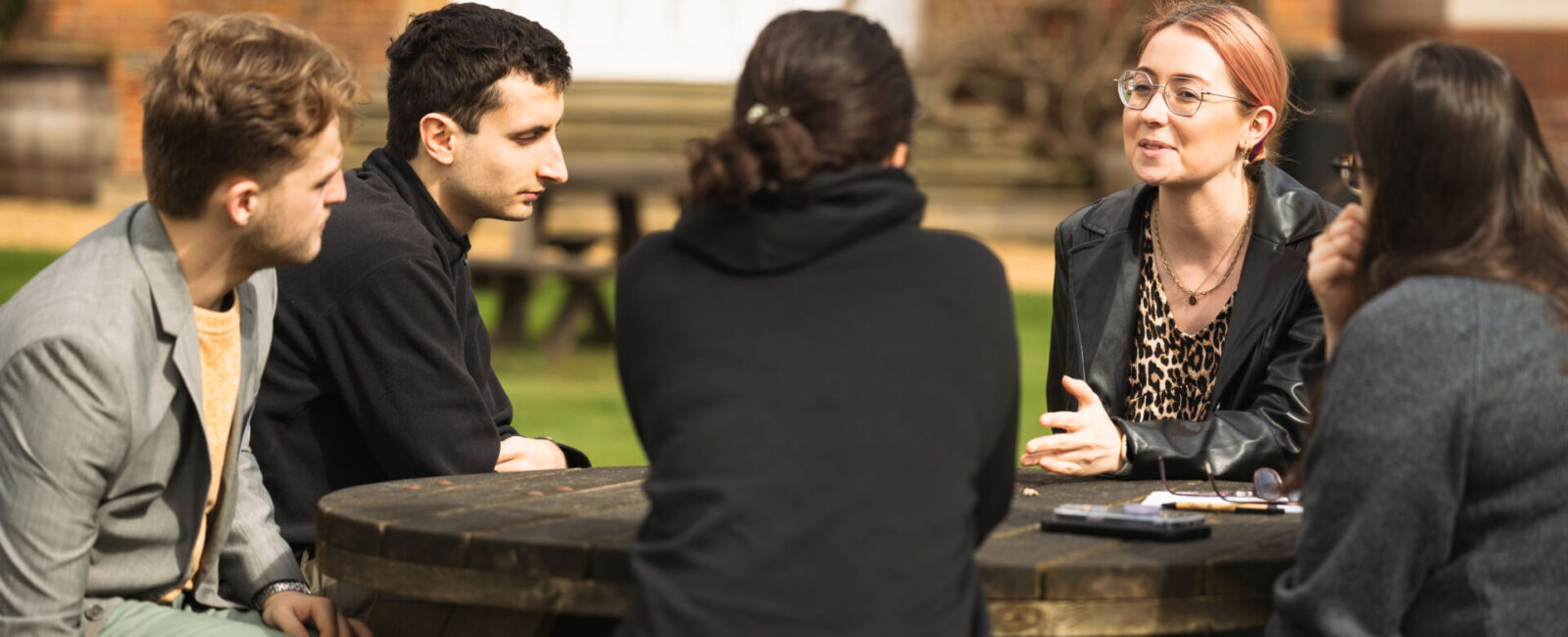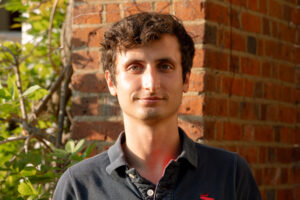Recently I spent two engaging days at Cumberland Lodge for the Dis/Mis-information and Young People workshop. It always feels refreshing and calming to come to the Lodge, walking through Windsor Great Park from Royal Holloway University, leaving the thoughts of everyday life behind.
We started with a short ice-breaker session, a great occasion to feel more at ease with new people and catch-up with staff and Fellows. In the evening, we learned about the ABC framework of mis/dis/mal-information — manipulative Actors, deceptive Behaviours, and harmful Content. Thanks to Elena Musi, Senior Lecturer at the University of Liverpool, we established what fallacies are and how to distinguish a ‘red herring’ from ‘cherry picking’ (disclaimer: they are both examples of fallacies used to categorise mis/dis/mal-information). Even if Elena’s chatbot refused to co-operate at first, we later managed to test what we had learnt on a beautifully designed game involving Greek philosophers Socrates, Aristotle, and Gorgias.
After a good night of sleep, Amanda Garruchaga, Head of Programmes at Shout Out UK, tested our memory about what we had learned the previous evening. Equipped with a basic understanding of the theory of fallacies and core concepts of media literacy, we could delve deeper into strategies to employ to work with young people on the subject.
Following that, we got the opportunity to ask a panel of young people about their opinions on media literacy, disinformation, and possible strategies to include the younger generations in the discussion, allowing for really interesting reflections. Being ‘only’ 25 myself and feeling a part of the generation which grew up in a time of transition from analogue to digital media, I understood how different my experience and knowledge with digital media is compared to older generations, and that I could find my place as a bridge between the generations. This realisation gave me more confidence to bring in my point of view in the following sessions. In the afternoon, we continued our discussions and learned about existing tools for digital empowerment. When on the last morning, Alex Brocklehurst, Politics Editor at Full Fact, confronted us with examples of mis/dis/mal-information, I realised how the workshop had changed my perspective on them.
These days made me aware of how often disinformation is connected to a lack of trust between the people, the media, and the political elite. I was reminded of how easy it is for words to mean completely different things just by omitting something or changing their order. There is a lot of work to do in order to provide the next generations with the means to recognise mis/dis/mal-information, but I feel that this workshop has shown us a way forward to increasing media literacy. I am really grateful for the opportunity to participate in these meetings as a Fellow and look forward to encountering many more amazing people!
If you would like to read more about the workshop, Cumberland Lodge Fellow Claire Agius also wrote a blog on her experience at the workshop. Read her blog here.


